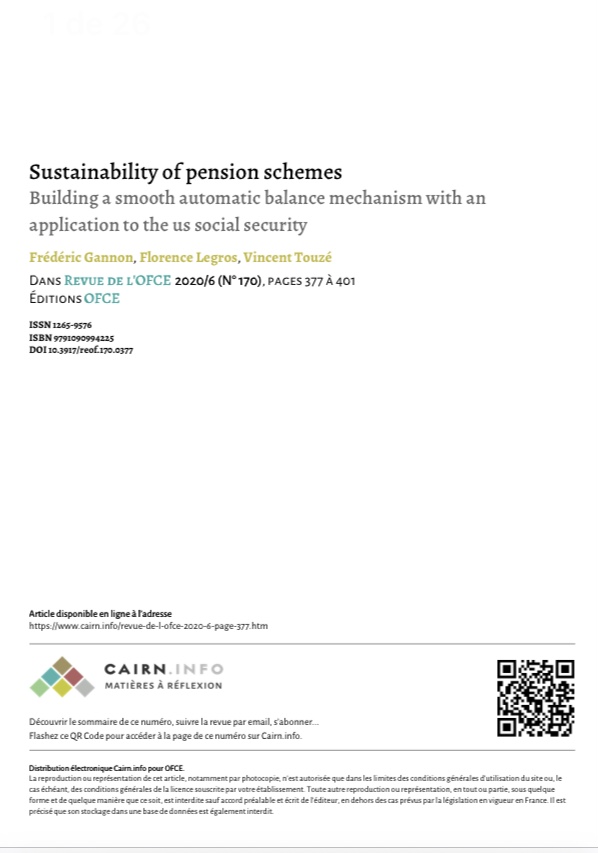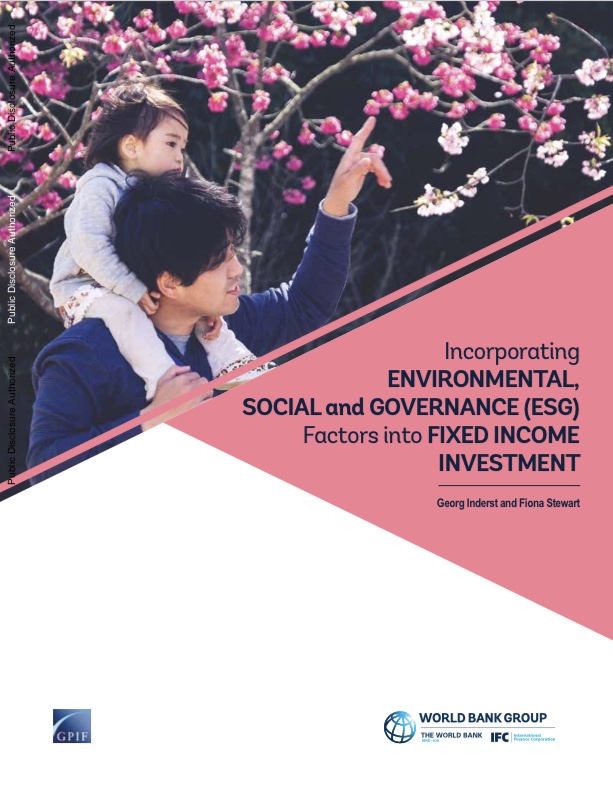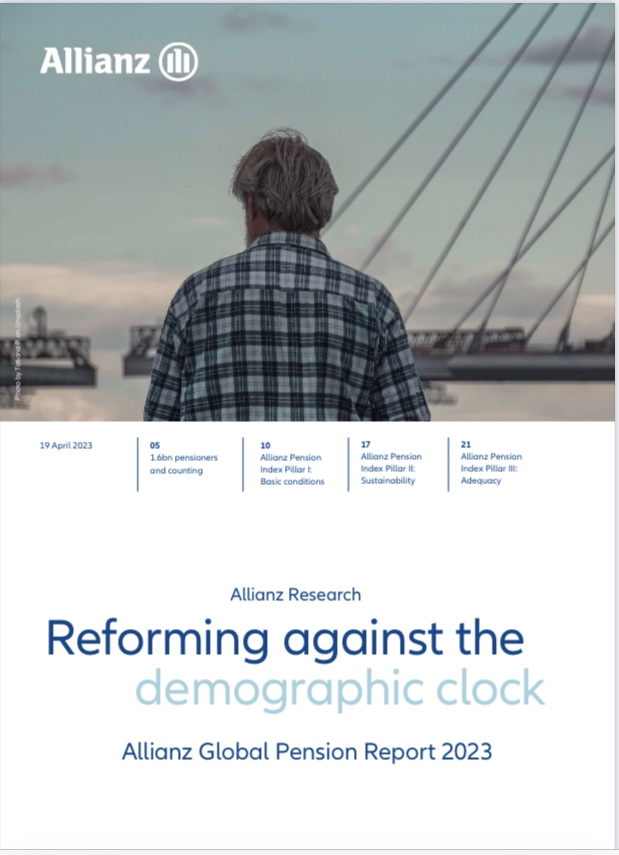Sustainability of pension schemes. Building a smooth automatic balance mechanism with an application to the US social security
By Frédéric Gannon, Florence Legros & Vincent Touzé We build a “smooth” automatic balancing mecanism (S-ABM) which would result from an optimal tradeoff between increasing the receipts and reducing the expenditures of a pension scheme. The S-ABM obtains from minimizing a sum of discounted quadratic loss function under the constraint of an intertemporal budget balance. One advantage of this model of “optimal” adjustment is its ability to analyse various configurations in terms of ABMs by controlling the adjustment pace. Notably,...










